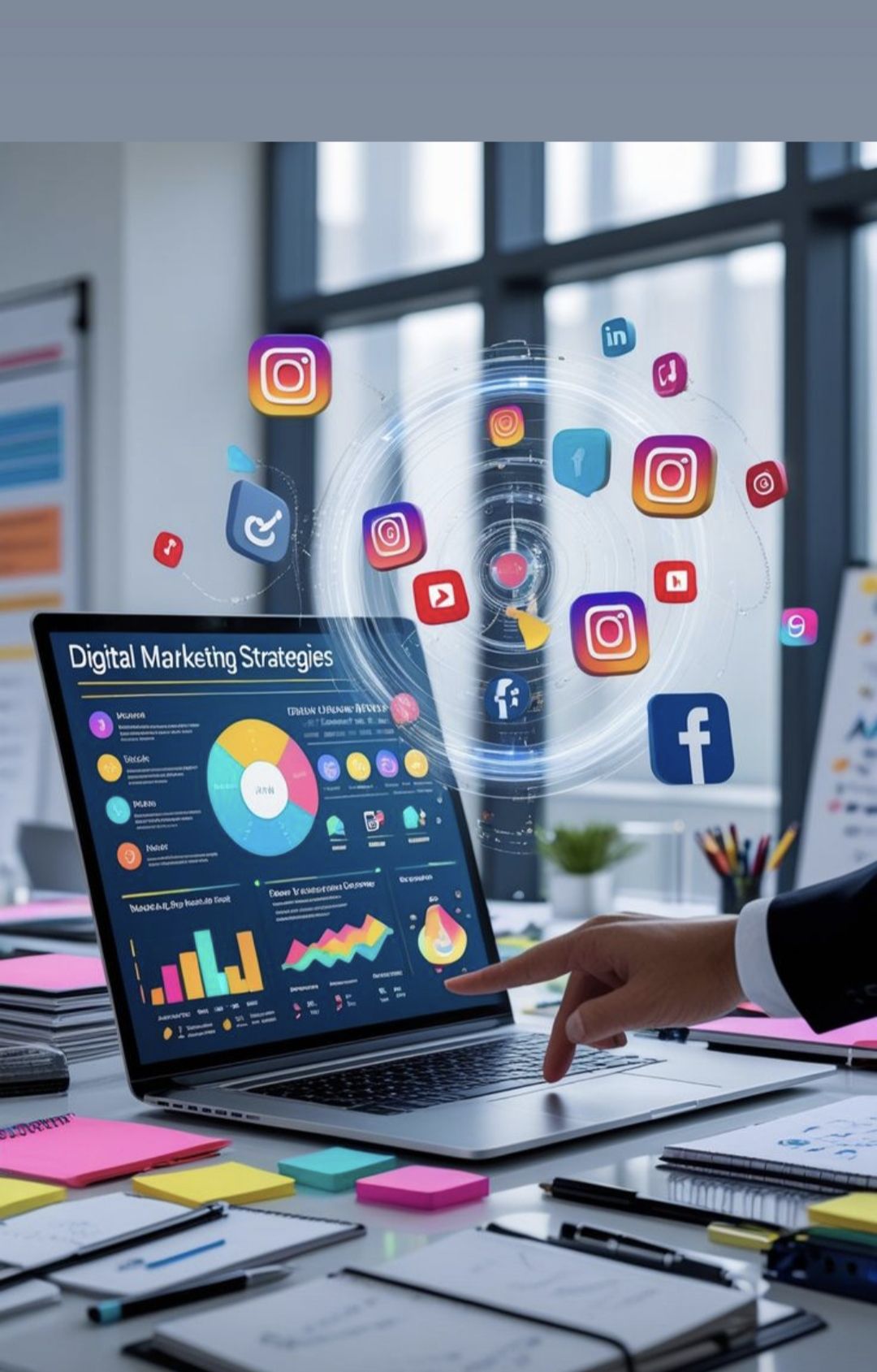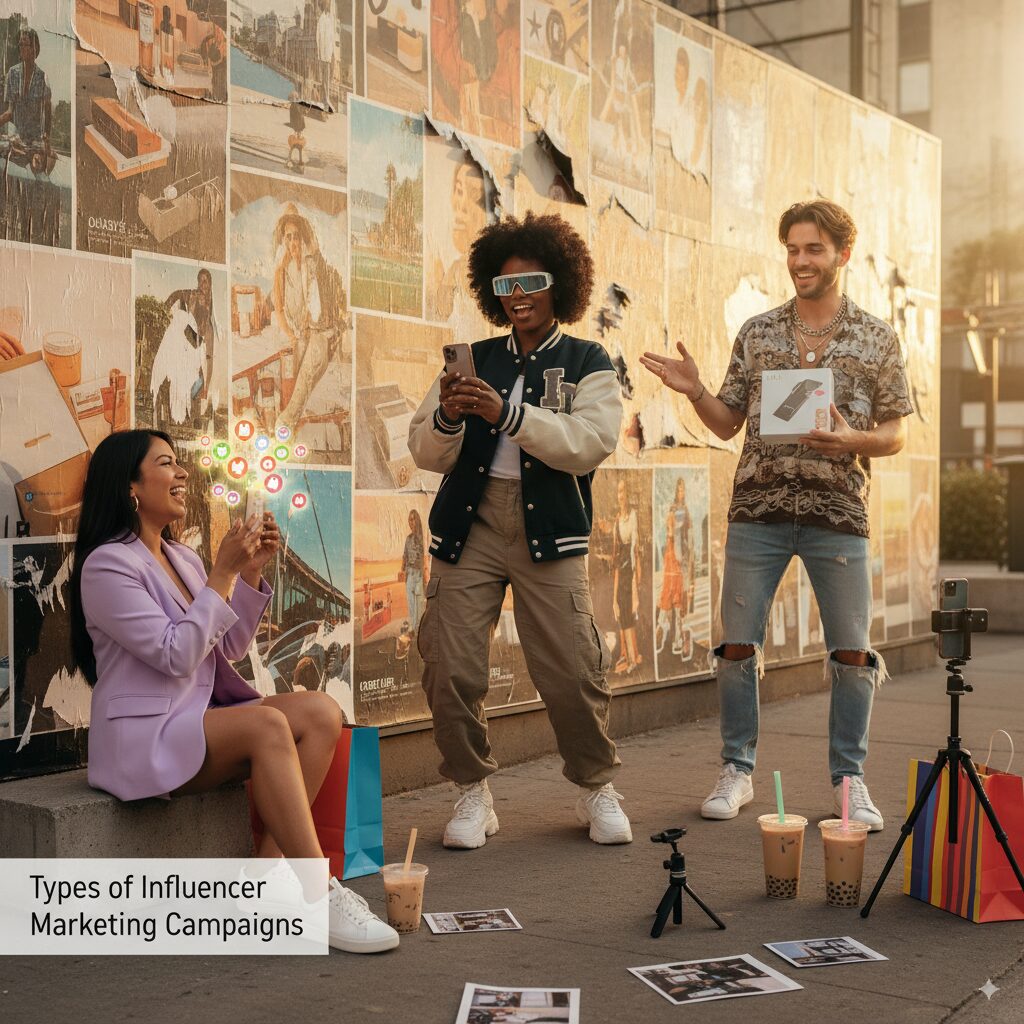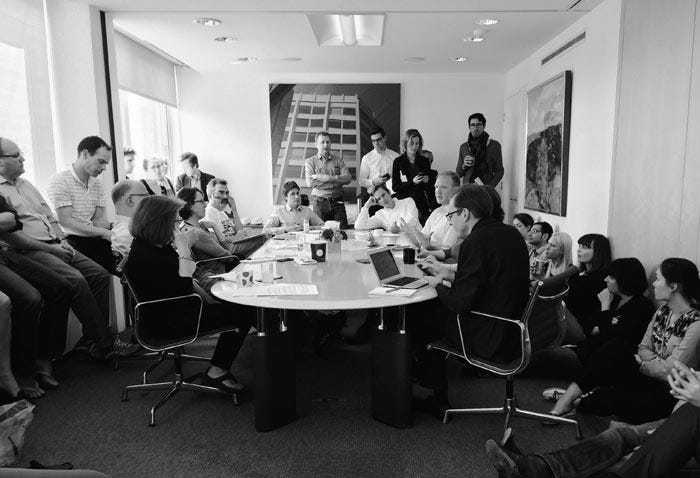As 2025 unfolds, digital marketing is entering a new era defined by precision, authenticity, and privacy. The cookie era is ending, attention spans are shrinking, and algorithms are prioritizing genuine engagement over volume. From TikTok-style content to AI-driven personalization, brands must evolve fast or risk fading into digital noise.
This year’s most successful marketers will master two worlds: the art of emotional storytelling and the science of ethical data collection. Below, we break down the trends shaping the digital marketing landscape in 2025 and how forward-thinking businesses can harness them for sustainable growth.
Short-Form Video: Still the King of Engagement
Short-form video remains the undisputed heavyweight of digital marketing in 2025. Platforms like TikTok, YouTube Shorts, and Instagram Reels continue to dominate consumer attention. A 2024 Statista report found that 82% of internet users engage with short-form videos weekly, with average viewing times surpassing traditional TV for Gen Z audiences.
However, the trend is evolving. Authenticity and micro-storytelling are overtaking high production value. Brands that showcase real people, real challenges, and quick insights perform exponentially better than polished ads. For example, Duolingo’s TikTok campaigns, built around humor and brand personality, have turned the language app into a pop-culture phenomenon.
Pro Tip: In 2025, aim for 10–30-second videos that educate, entertain, or inspire within the first three seconds. Attention is the new currency.

First-Party Data: The Post-Cookie Power Shift
As Google officially phases out third-party cookies in 2025, marketers are pivoting to first-party data strategies to maintain personalization. Companies are using direct customer interactions such as email subscriptions, loyalty programs, and app activity to collect insights ethically.
According to a 2025 Deloitte Digital survey, 68% of CMOs have increased their investment in first-party data infrastructure, prioritizing transparency and consent-based marketing.
For instance, Nike’s app ecosystem leverages user-generated data to deliver personalized experiences and product recommendations, creating a feedback loop that enhances loyalty and retention.
Pro Tip: Build data trust by clearly explaining how customer information is used. Transparency builds brand equity in a privacy-first world.
AI-Driven Personalization: Beyond Automation
AI has shifted from being a buzzword to a business imperative. In 2025, marketing AI tools like ChatGPT-powered customer service, predictive analytics, and creative assistants are helping brands scale personalization with empathy.
Research from McKinsey shows that AI-driven personalization can boost marketing ROI by 20–30%, especially when integrated into customer journey mapping and content creation.
For example, Sephora uses AI to analyze purchase history and suggest tailored beauty routines through its app and email campaigns. The result: higher engagement and retention rates without increasing ad spend.
Pro Tip: Combine AI insights with human creativity. Automation enhances personalization but cannot replace authentic human connection.
The Rise of Social Commerce
Social commerce shopping directly through social platforms is exploding in 2025. TikTok Shop, Instagram Checkout, and YouTube Shopping integrations are blurring the lines between content and commerce.
A recent eMarketer report predicts that global social commerce sales will exceed $2 trillion by the end of 2025, driven by influencer collaborations and live-stream shopping.
In China, platforms like Douyin and WeChat have already perfected this model. Western markets are catching up fast, integrating one-click purchases within videos and influencer feeds.
Pro Tip: Treat every post as a potential storefront. Optimize product tagging, short-form demos, and influencer partnerships for seamless shopping experiences.
Voice and Visual Search Optimization
As consumers increasingly use smart devices and image-based search, optimizing for voice and visual search has become essential. Google Lens and Alexa Shopping Requests have transformed how people discover products.
In 2025, nearly 50% of online searches are conducted through voice or image, according to Gartner. Brands that structure content with conversational keywords and alt-tagged visuals are already reaping the SEO rewards.
Pro Tip: Optimize product images with descriptive filenames and schema markup. For voice, use natural language and FAQ-style content to capture featured snippets.
Sustainability and Ethical Marketing
Today’s consumers want brands that not only sell but stand for something. Sustainability-driven marketing is becoming non-negotiable. Gen Z buyers, in particular, reward transparency and social responsibility.
A Nielsen study found that 76% of global consumers prefer to buy from brands committed to environmental causes. Patagonia, for example, integrates activism into every part of its content strategy turning purpose into profit.
Pro Tip: Don’t greenwash. Use storytelling to show measurable impact real people, real initiatives, real change.
Actionable Takeaways for 2025 Marketers
- Embrace authenticity: Real > perfect.
- Invest in first-party data: Privacy is now a competitive advantage.
- Leverage AI smartly: Use it to enhance, not replace, human creativity.
- Blend content and commerce: Make every scroll shoppable.
- Prioritize ethics: Trust is the ultimate marketing metric.
The future of digital marketing is hybrid part human intuition, part intelligent technology. Brands that can balance both will not only survive 2025 but define it.




